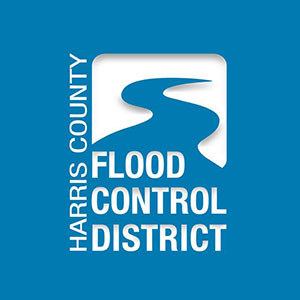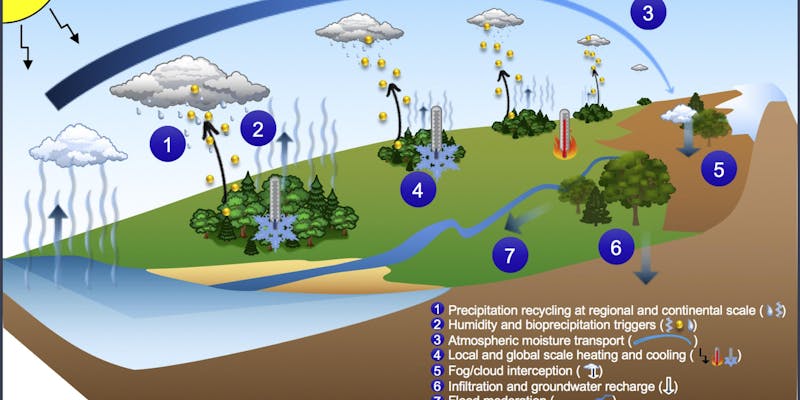Calendar
Shell Educators’ Preview: Start your evening at 4 p.m. and earn one hour of CPE credit while viewing our newly renovated George W. Strake Hall of Malacology.
HMNS’ Educator Members will have an opportunity to speak to Tina Petway, the
Museum’s Associate Curator of Malacology, during the Shell Educators’ Preview.
As a special treat, all guests will also be able to visit our newest special exhibition,
Art of the Brick until 6:00 p.m.!
The Educator Event @HMNS: Continue your evening with us starting at 5 p.m.
and earn up to three additional hours of CPE credit depending on which
programming you attend. HMNS is featuring several ways to earn CPE credit from
attending workshops to taking a guided tour to seeing a show in our Planetarium.
Educators are able to earn a total of up to 4 hours of CPE credit while attending
HMNS’, An Evening for Educators!
Registration Information
Educators: Free
Non-Educators: $10.00
(Pricing includes entry to the George W. Strake Hall of Malacology and Art of the Brick)
Registration begins Tuesday, July 30th and ends Wednesday, October 2nd.
Please complete the online form at hmns.org/eveningforeducators to reserve your spot. For questions, contact educatorevent@hmns.org.

The Harris County Flood Control District is holding a series of Community Engagement Meetings related to the 2018 Harris County Flood Control District Bond Program. As part of the preliminary engineering process conducted near the beginning of each project’s development stage, and prior to a formal Preliminary Engineering Report being presented to Commissioners Court for approval, the Flood Control District will conduct a public meeting in a primary project watershed to solicit public comments about the project. Learn more about the Program and the meetings here or see the Facebook event for the final meeting below.
This meeting will focus on Regional Drainage Plan
for Major Tributaries and Major Maintenance.
- 10/24/19:Â Cypress Creek Watershed 2/2
Rain is as important as carbon dioxide in cooling our planet. People must restore trees and soil to restore the water cycle.
The image above shows how trees pump huge amounts of water back into the air and create more rain further inland. It is a river in the sky.
When folks started climate modeling, to simplify, they ignored water vapor and focused on carbon dioxide. But the water cycle is 95% of planetary cooling while carbon dioxide is only 5%, according to Dr. Walter Jehne. We need to keep on reducing emissions, but it’s time to also work on restoring ecosystems and their soils. Besides this may be an easier and faster way to make a difference.
To learn more and register to this event visit Coolingourplanet
 Over the last year, major storms have flooded the City of Houston’s sewer system and poured more than 450,000 gallons of untreated sewage into our bayous. Over the last five years, storms have triggered more than 15 million gallons of the City’s untreated sewage to flood our bayous and neighborhoods, harming our water and health.
Over the last year, major storms have flooded the City of Houston’s sewer system and poured more than 450,000 gallons of untreated sewage into our bayous. Over the last five years, storms have triggered more than 15 million gallons of the City’s untreated sewage to flood our bayous and neighborhoods, harming our water and health.
Join us on Wednesday, November 6th from 5:00 to 8:00 at Acres Homes Multi-Service Center to learn more!
We’ve partnered with Texas Housers to host a community meeting to provide an overview, answer any questions, and provide assistance to those wishing to craft comment letters. Dinner will be provided and children are welcome!
WHERE:Â Â Acres Homes Multi-Service Center
6719 W. Montgomery Road, Houston, TX, 77091
WHEN:Â Â Wednesday, November 6th
5:00 – 8:00pm
What to Bring:  Stories of your experiences with sewage backups in your neighborhood or home – if you have digital pictures, please bring them!
Sewage spills like these have become the norm every time it rains – however, these spills are avoidable. The City of Houston must repair its long-neglected wastewater system.
The City of Houston’s $2 billion settlement with the EPA and the TCEQ will require repairs to sewage lines and wastewater treatment plants across Houston. Unfortunately, the settlement falls short in several key respects. There is still time to fix it.
This is your opportunity to make your voice heard. Take action and submit your comment today.
The combination of IoT and big data analytics allow cities to imagine ways to be more efficient, resilient, sustainable in many fields like energy, building, mobility, utilities, safety, waste management and so on.
But Smart city solutions are not only designed for cities. They are also highly attractive for universities, hospitals and large companies to improve the management of their assets and their consumption of energy and natural resources.
What is the reality of the smart city concept?
What is going on in Houston and elsewhere in the US?
What are the main solutions provided by the vendors to the MUSH market and to the companies?
Attend our event to get a glimpse of what the city, corporates and startups have to offer to build a smart city.
SPEAKERS
Introduction:
- Franck Avice, President, French-American Chamber Of Commerce Houston
- Christine Galib, Director, Ion Smart Cities Accelerator
Moderator:
- William Fulton, Director at Kinder Institute for Urban Research, Rice University
Panelists:
- Jessie Bounds, Director of Innovation, City Of Houston
- Kimberly Jonhston, National Tax Partner Energy, Ernst & Young
- Roger Flud, Smart City Specialist & Sales Team Leader, Schneider Electric
- Bruce Rutherford, International Director, JLL
AGENDA
5:30pm: Check-in/Networking;Â 6:00pm: Panel Discussion;Â 7:30pm: Networking Cocktail
Parking available at Green Street Garage on Fannin Street or on street after 6pm for free.

The Harris County Flood Control District is holding a series of Community Engagement Meetings related to the 2018 Harris County Flood Control District Bond Program. As part of the preliminary engineering process conducted near the beginning of each project’s development stage, and prior to a formal Preliminary Engineering Report being presented to Commissioners Court for approval, the Flood Control District will conduct a public meeting in a primary project watershed to solicit public comments about the project. Learn more about the Program and the meetings here or see the Facebook event for the final meeting below.Â
This meeting will focus on South Mayde Creek Channel improvements, Bypass Channel and related stormwater detention.
Interested in Urban Forestry? Come join Texas A&M AgriLife Extension, HAUFC and ISA-TX for a great day of education. Topics include: Emerald Ash Borer – Coming to a City Near You, Using Tree Growth Regulators to Reduce Pruning Costs, and Greening the Houston Region – Partnerships and Projects that Support the Urban Forest.
Join us at our Quarterly Membership Meeting!Â
Meet fellow conservation enthusiasts at an evening of food, drinks, and fun for everyone.
2019 Galveston Bay Report Card:Â How healthy is Galveston Bay?
Presentation by T’Noya Thompson, Galveston Bay Foundation Advocacy Programs Manager
T’Noya will examine and explain the grades and factors leading up to those grades for this year in Galveston Bay.
Date:Â Tuesday, December 3, 2019
Time: 5:30 – 8:00pm
Itinerary
5:30 – 6:30pm : One self-guided hour to explore the Lone Star Flight Museum with access to the two hangars, the Flight Academy and their Heritage Gallery.
6:00 – 6:45pm: Guests can explore the museum until 6:30pm, eat and drink during this time, or assemble a plate to take into the presentation
6:45 – 8pm: Introductions, presentation, Q&A
Location:Â Lone Star Flight Museum
Duke University Press Description of Book:  “Based on fieldwork among state officials, NGOs, politicians, and activists in Costa Rica and Brazil, A Future History of Water traces the unspectacular work necessary to make water access a human right and a human right something different from a commodity. Andrea Ballestero shows how these ephemeral distinctions are made through four technolegal devices—formula, index, list and pact. She argues that what is at stake in these devices is not the making of a distinct future but what counts as the future in the first place. A Future History of Water is an ethnographically rich and conceptually charged journey into ant-filled water meters, fantastical water taxonomies, promises captured on slips of paper, and statistical maneuvers that dissolve the human of human rights. Ultimately, Ballestero demonstrates what happens when instead of trying to fix its meaning, we make water’s changing form the precondition of our analyses.”

